Interview with Nerds for Humanity on basic income
Last week, I joined Tom from Nerds for Humanity for a live-streamed interview. The Nerds for Humanity channel (formerly Nerds for Yang) runs multiple streams weekly on topics surrounding Andrew Yang, universal basic income, and global affairs more broadly. As you might guess from the name, Tom emphasizes data in his videos, frequently incorporating charts and graphs, so our research-oriented conversation was thought-provoking and wide-ranging.
After starting with my background and path to the UBI Center, we went through a slide deck with research from myself and others on UBI. This covered four sections:
- Poverty, inequality, and progressivity. Despite strong economic growth from 2009–2018, the US poverty rate fell less than 15 percent. And despite having the most progressive tax code of OECD countries, US redistribution doesn’t reduce inequality as much as our peers. Low overall tax levels and resulting meager, means-tested benefits could explain both of these shortcomings.
- Current programs.US safety net programs create perverse incentives and are costly to administer (and comply with). Moving to UBI addresses these issues, and my research has found that replacing the Child Tax Credit with a child allowance (UBI for kids) would reduce child poverty and inequality, even without adding cost to the government.
- Basic income.My analysis of Andrew Yang’s Freedom Dividend found that it would dramatically reduce poverty and inequality, even if shrunk down to a budget-neutral level near $500 per month. The UBI Center Plan Explorer shows how different types of households would be affected after taxes and benefit reductions. By applying machine learning tools to optimize UBI policy design, I found that the outcome you care about — for example, reducing poverty, inequality, or disruption — can significantly affect policy parameters like the amount given to kids vs. adults.
- Covid-19.My latest full paper considers how UBI should be structured to stabilize the poverty rate as Covid-19 lowers incomes, finding smaller amounts given to a broader recipient base to be more cost-effective than limiting recipiency. In two other works in progress, I find that (a) greater uncertainty about recipients’ financial situation (as is the case today, given income may differ substantially from past tax returns used for targeting) make broader transfers such as UBI more desirable, and (b) the new $600 per week unemployment benefit reduces poverty less than a budget-neutral UBI.
Throughout the nearly-two-hour interview, we interspersed topics ranging from political economy to technological unemployment to macroeconomic modeling, often spurred by viewers’ live comments.
Check out the video here, and make sure to follow Nerds for Humanity on YouTube, Twitter, and Facebook for more data-driven content.
Subscribe to the UBI Center
Get the latest posts delivered right to your inbox

